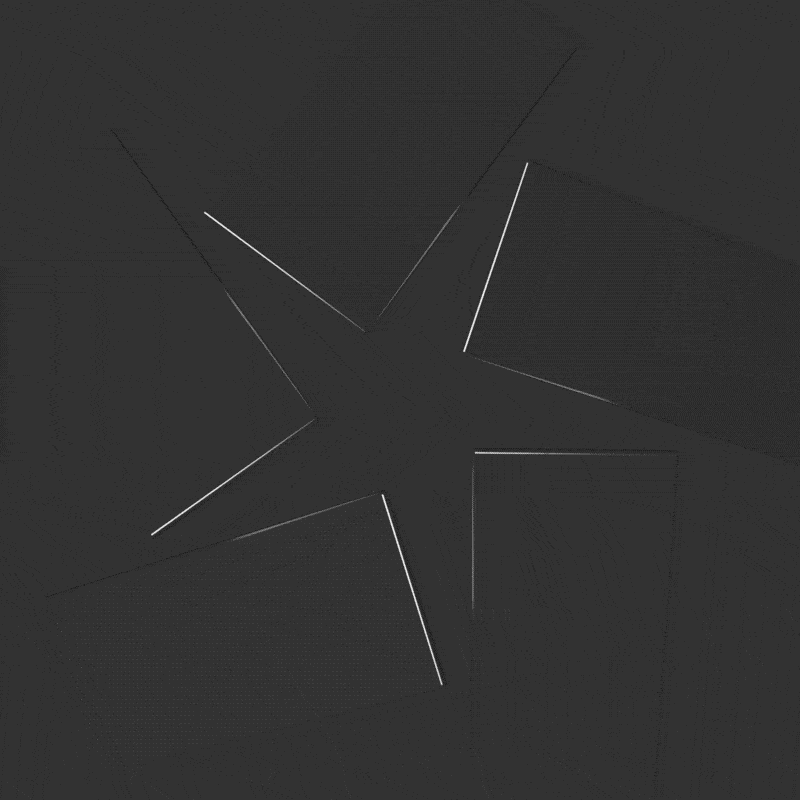1,577 days, 2,409 entries ...
Newsticker, link list, time machine: HOLO.mg/stream logs emerging trajectories in art, science, technology, and culture––every day
“Organizations using AI are hiring much fewer engineers for AI-related software than in 2022: 28% of organizations reported hiring for these roles in 2023, down from 39% in 2022.”
“We’re artists. We’re not here to be reasonable, or to do what’s necessary, or to cater to regulatory appetites. We’re here to be unreasonable, unnecessary, and counter-appetite. If we stand for opt-in and all we get is opt-out, at least we tried.”
“We want to hijack mass media in order to radicalize people politically. Videogames have an enormous potential to question ideology and they don’t fulfil this potential at all.”
Total Refusal’s solo exhibition “Every Strike Hits Dead Center” opens at Taipei’s Digital Art Center (DAC), presenting new and recent videogame appropriations that explore the representation of labour and leisure. Whereas Club Stahlbad (2022, image), for example, tunes into the frenetic escapism of NPC clubbers in Cyberpunk 2077, the Austrian machinima collective’s new piece, Loop Labor (2023), highlights—and liberates—Latin American field workers in Grand Theft Auto V.
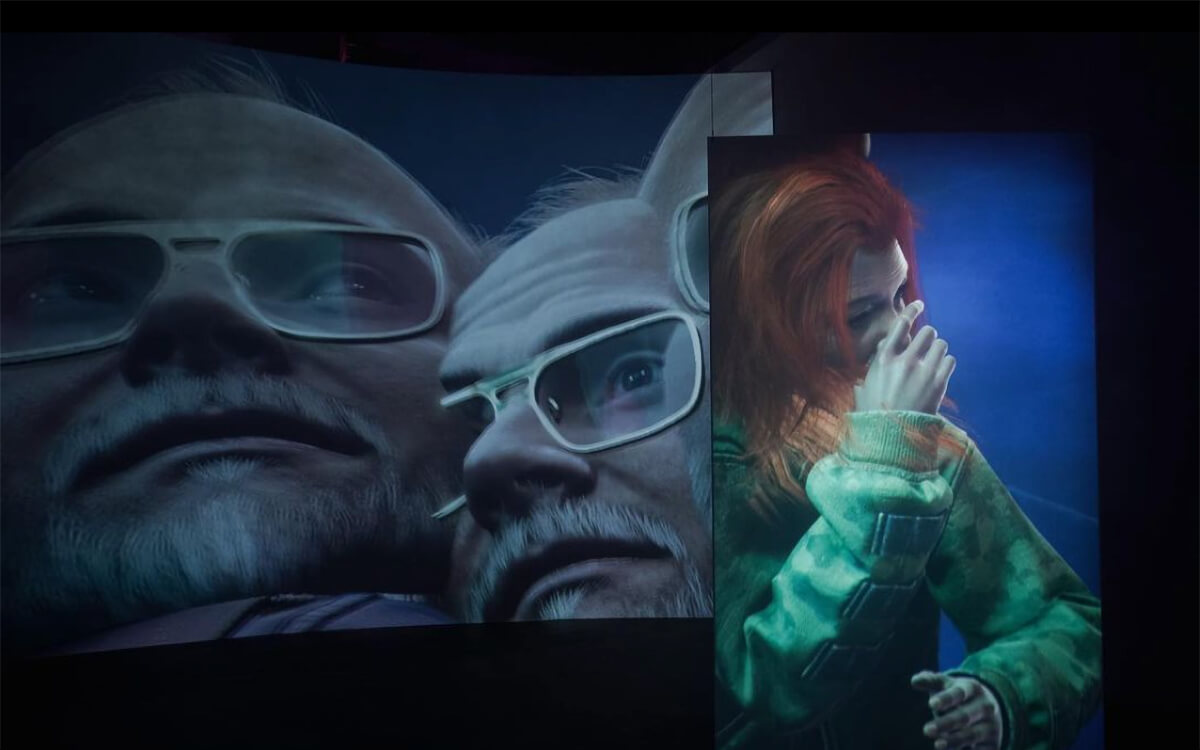
Brian Merchant
Blood in the Machine
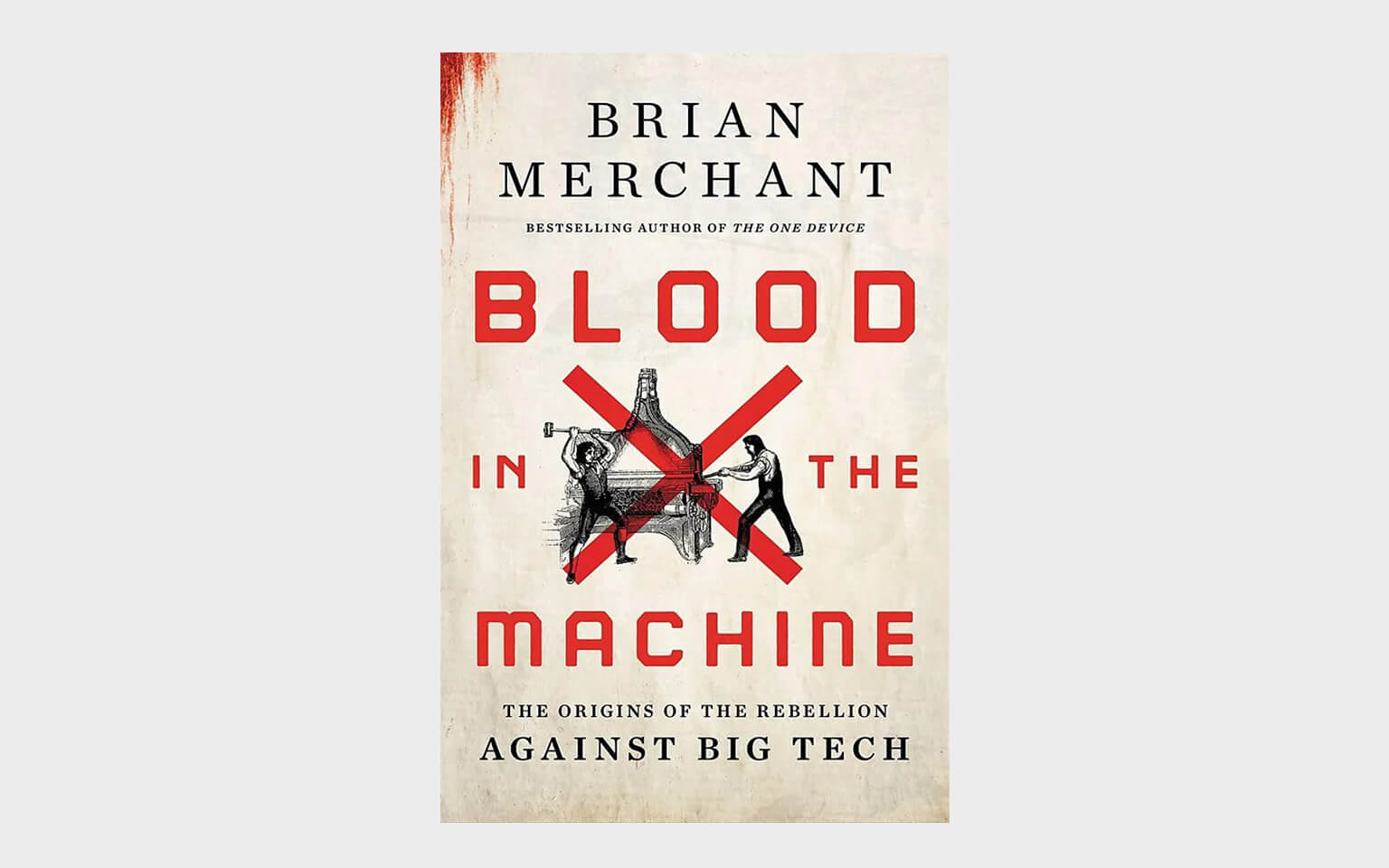
“The original Luddites did not hate technology. What they objected to were the specific ways that tech was being used to undermine their status, upend their communities and destroy their livelihoods.”
“These billionaires purchased 55,000 acres to build their John Galt paradise, but they won’t pay a human artist to design it for them.”
“Are You Working Now?” opens at the National Taiwan Museum of Fine Arts (NTMoFA) in Taichung City. Curated by Mike Stubbs and Ming Turner, the show presents work from an impressive roster of 13 artists including Simon Denny, Harun Farocki, John Gerrard, I-Ting Hou, Ryoichi Kurokawa, Molleindustria, and Hito Steyerl that question capitalist notions of productivity. Rosie Gibbens’ installation version of Planned Obsolescence, (2023, image), for example, whimsically reimagines bodies at work.
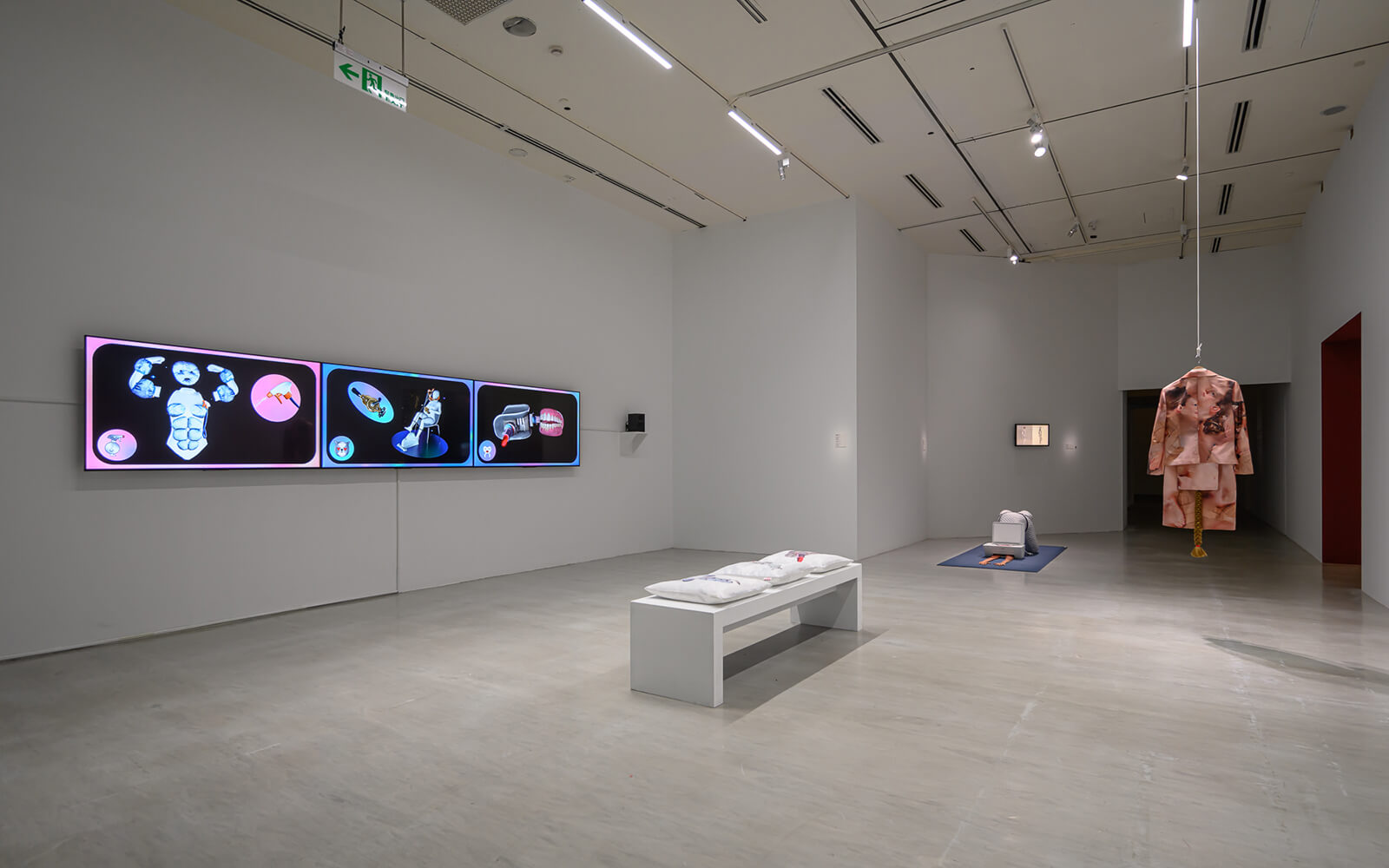
“As the white-collar workforce gets more and more automated, there’s gonna be a shift back to the office where people can prove to their co-workers that they’re in fact a human, not three ChatGPTs in a trenchcoat.”
“The things that cost money are the things that give magazines their quality—photo editors, designers, journalists, editors. It’s why those who love magazines do so fiercely. And it’s why I’m conflicted by Midjourney Magazine. I want to like it. But it’s soulless.”
Total Refusal Collective Casts NPC Workers in Critique of Contemporary Labour
The Austrian pseudo-marxist media guerilla discusses their award-winning Machinima film Hardly Working (2022) and videogame interventions writ large
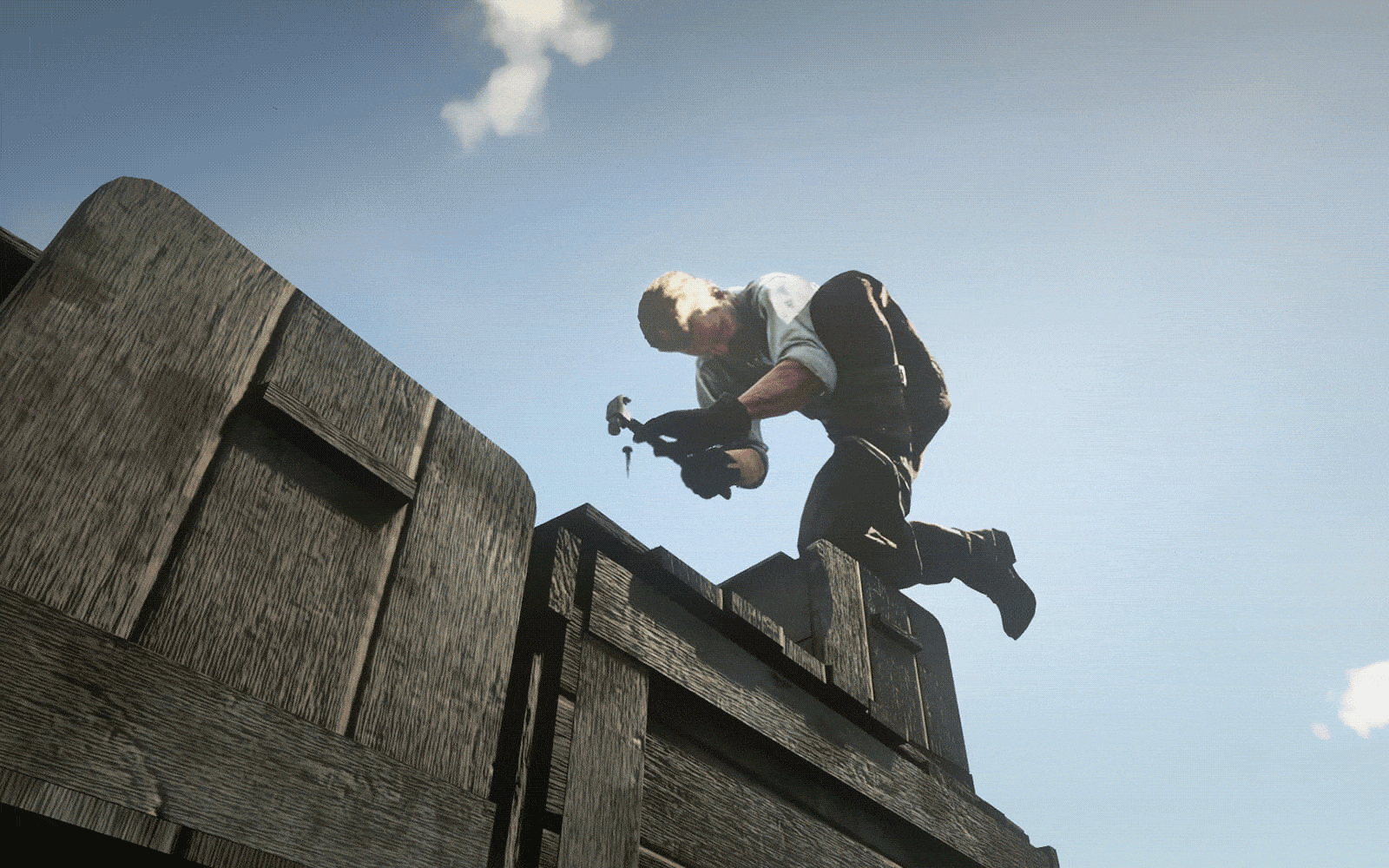
“Shouldn’t You Be Working? 100 Years of Working from Home,” a group show about the blurring of domesticity and labour, opens at Michigan State University’s Broad Art Museum in East Lansing (US). Featured are photos of 20th-century domestic labour from the museum’s archives alongside works contrasting “newfound freedom” and “the threat of total digital surveillance and exploitation” by contemporary artists including Keiichi Matsuda, Marisa Olson, Theo Triantafyllidis, Jon Rafman, and Angela Washko.
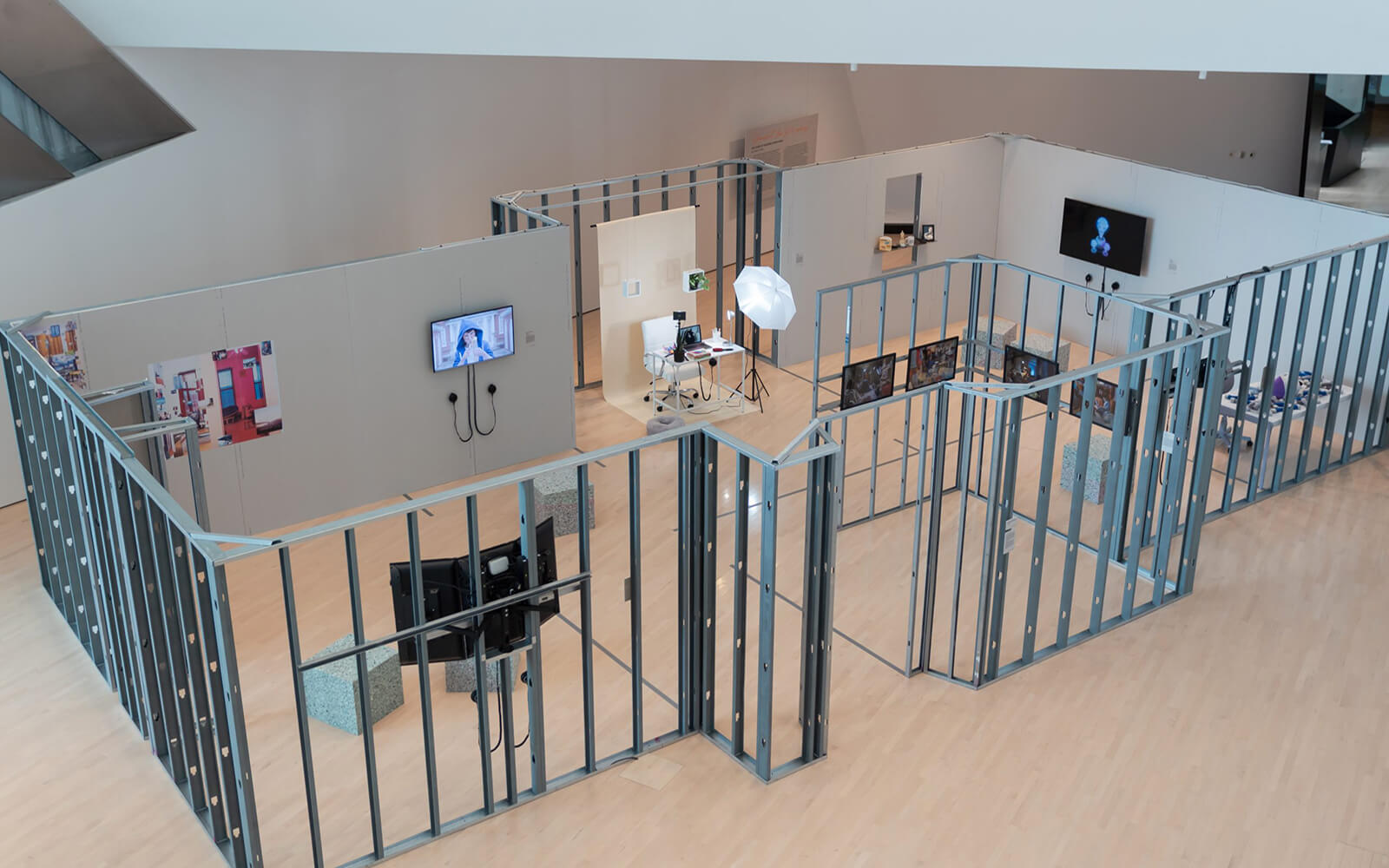
“People should know that it isn’t just Meta—at every social media firm there are workers who have been brutalized and exploited. But today I feel bold, seeing so many of us resolve to make change. The companies should listen—but if they won’t, we’ll make them.”
Utrecht’s IMPAKT Centre for Media Culture opens “Out of Office,” a group exhibition that takes on exploitative productivity. “In the modern workplace, doing nothing, not showing up, or gestures of mutual support become acts of resistance,” writes curator Marijn Bril about how the contributing artists Alina Lupu, Sam Meech, Adrian Melis, Mario Santamaría, Total Refusal, and others counter efficiency and optimization. Case in point: Santamaría’s sleepy auto-reply to Bril’s exhibition invitation (image).
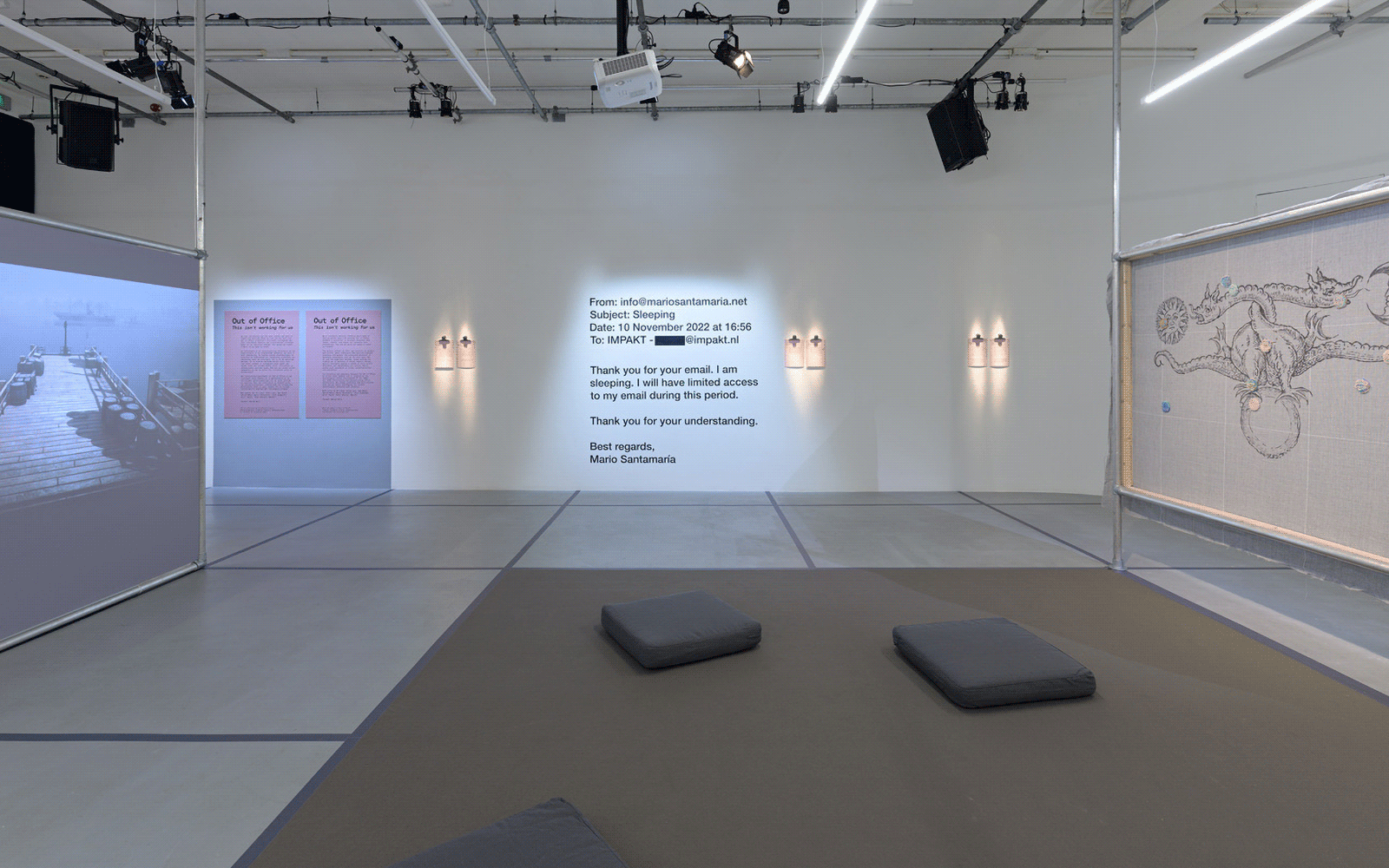
“I’m always trying to destabilize not only the perception of whether something is made by hand or machine but also destabilize how we assign value once we know.”
“This Current Between Us,” an installation and performance program, opens at the Neo Faliro Steam Power Plant in Piraeus, Greece. Artists including Nikos Alexiou, Hypercomf, and Miriam Simun contribute works exploring energy and production in response to the decommissioned site. The latter’s performance Do Not Break Out of Prior Range (image), for example, draws on a blender, lightbulb, and power cord—and Simun announcing “this isn’t just a milkshake, it’s a crucial north-south energy bridge” into a microphone.
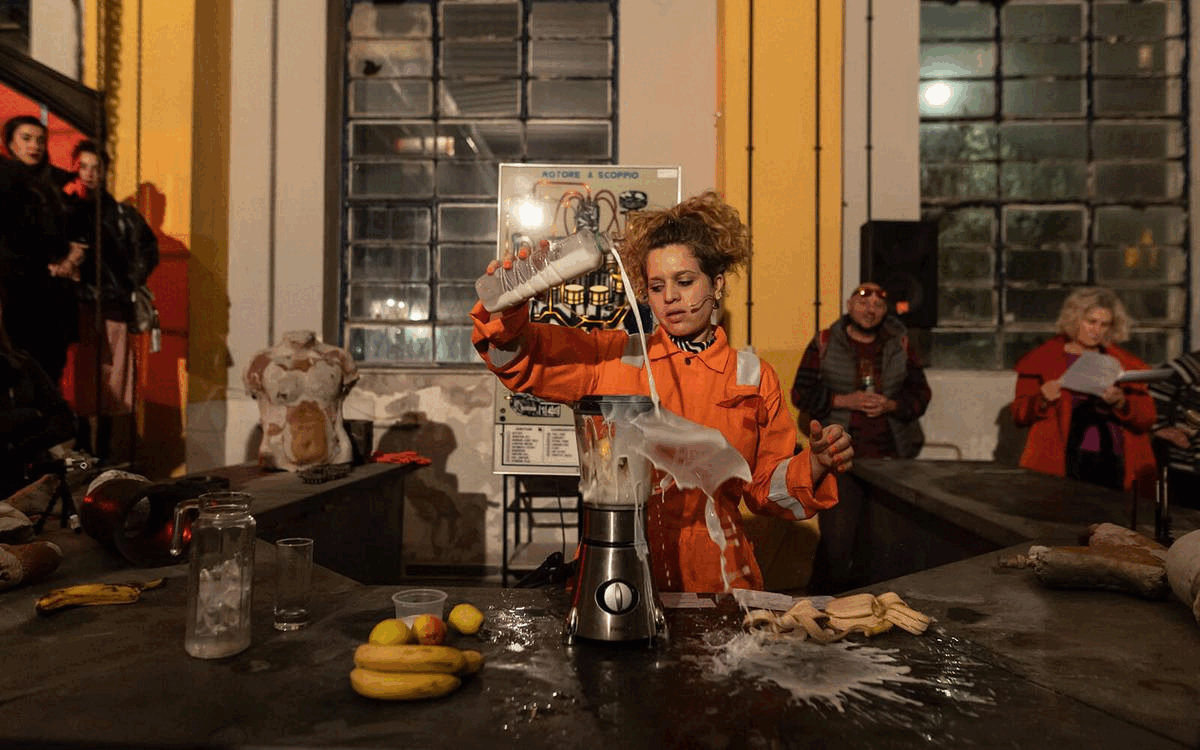
“One of my co-workers described it as ‘like hack week, but with a gun to your head.’”
“Using fear-mongering about package theft and suburban crime, a surveillance company has convinced countless homes to affix a surveillance network node. Now they want us to laugh about it all in our (ideally) Ring-surveilled homes.“
An ethnographic exploration of the work and daily life of non-playable characters, Total Refusal’s meta-documentary Hardly Working premieres (and wins best direction) at Locarno Film Festival, Switzerland. The film follows four digital extras—a laundress, a stableman, a street sweeper, a handyman—toiling away in the videogame Red Dead Redemption 2 (2018). “Their labour loops, activity patterns as well as bugs and malfunctions paint a vivid analogy for work under capitalism.”
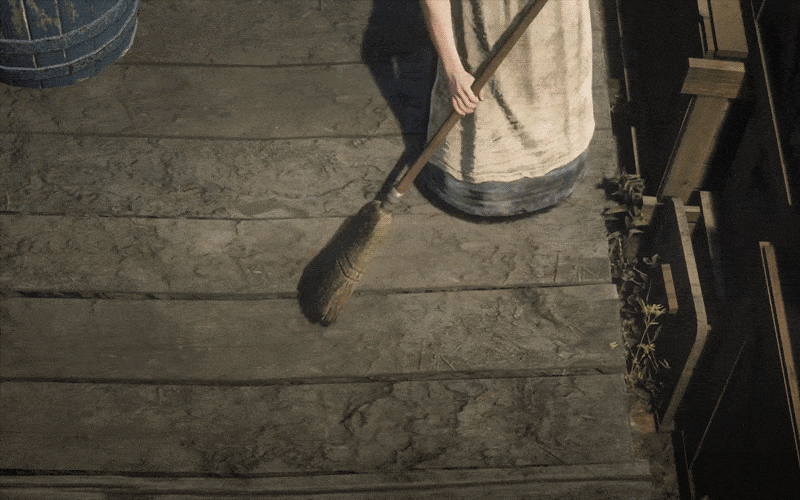
Daily discoveries at the nexus of art, science, technology, and culture: Get full access by becoming a HOLO Reader!
- Perspective: research, long-form analysis, and critical commentary
- Encounters: in-depth artist profiles and studio visits of pioneers and key innovators
- Stream: a timeline and news archive with 1,200+ entries and counting
- Edition: HOLO’s annual collector’s edition that captures the calendar year in print
